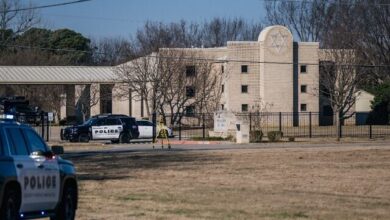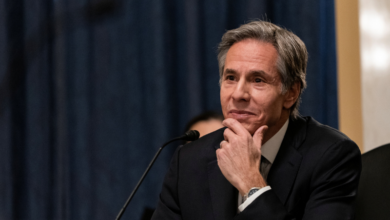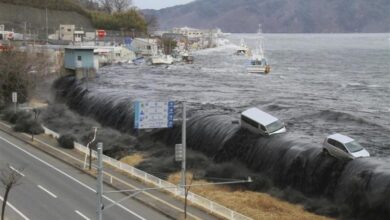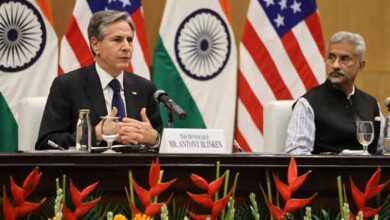Islamic State leader Baghdadi dead in US forces raid
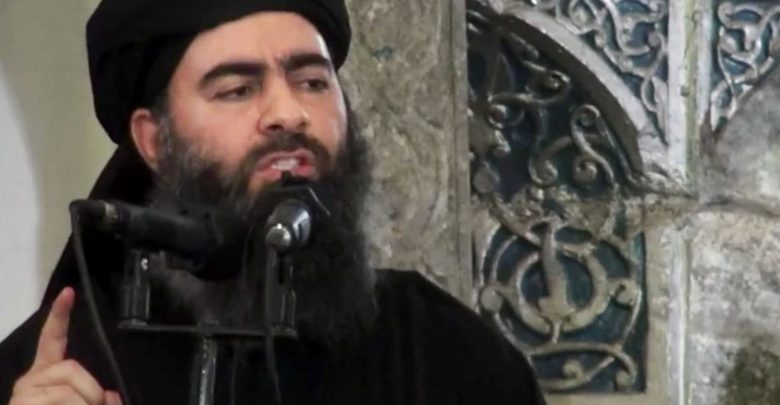
President Donald Trump announced on Sunday that fugitive Islamic State leader Abu Bakr al-Baghdadi died in a raid by U.S. special forces in northwest Syria, in a major blow to the jihadist group.
Baghdadi killed himself during the raid by detonating a suicide vest, Trump said in a televised address from the White House.
Test results from the aftermath of the raid had positively identified Baghdadi, he said.
“He was a sick and depraved man and now he’s gone,” Trump said.
Trump said “many” of Baghdadi’s people were killed, and added that in killing himself, Baghdadi also killed three children.
U.S. forces suffered no personnel losses, he said. He also thanked Russia, Turkey, Syria and Iraq for their support.
Baghdadi had long been sought by the United States as head of a jihadist group that at one point controlled large areas of Syria and Iraq, where it declared a caliphate. Islamic State has carried out atrocities against religious minorities and attacks on five continents in the name of a version of an ultra-fanatic Islam that horrified mainstream Muslims.
In recent years the group had lost most of its territory.
But while the destruction of the quasi-state that Baghdadi built has denied the group its recruiting tool and logistical base from which it could train fighters and plan coordinated attacks overseas, most security experts believe Islamic State remains a threat through clandestine operations or attacks.
“The thug who tried so hard to intimidate others spent his last moments in utter fear, panic and dread, terrified of the American forces coming down on him,” Trump said.
Trump said Baghdadi died after running into a dead-end tunnel.
“He reached the end of the tunnel as our dogs chased him down. He ignited his vest, killing himself and his three children. His body was mutilated by the blasts. The tunnel had caved on him,” Trump added.
Trump had faced withering criticism from fellow Republicans and Democrats for announcing a withdrawal of U.S. troops from northeastern Syria earlier this month, which permitted Turkey to attack America’s Kurdish allies as it sought to set up a “safe zone”.
Many critics of the pullout have expressed concern both at the abandoning of the Kurdish forces who had been instrumental in defeating Islamic State in Syria, and that the move might allow the group to regain strength and pose a threat to U.S. interests.


